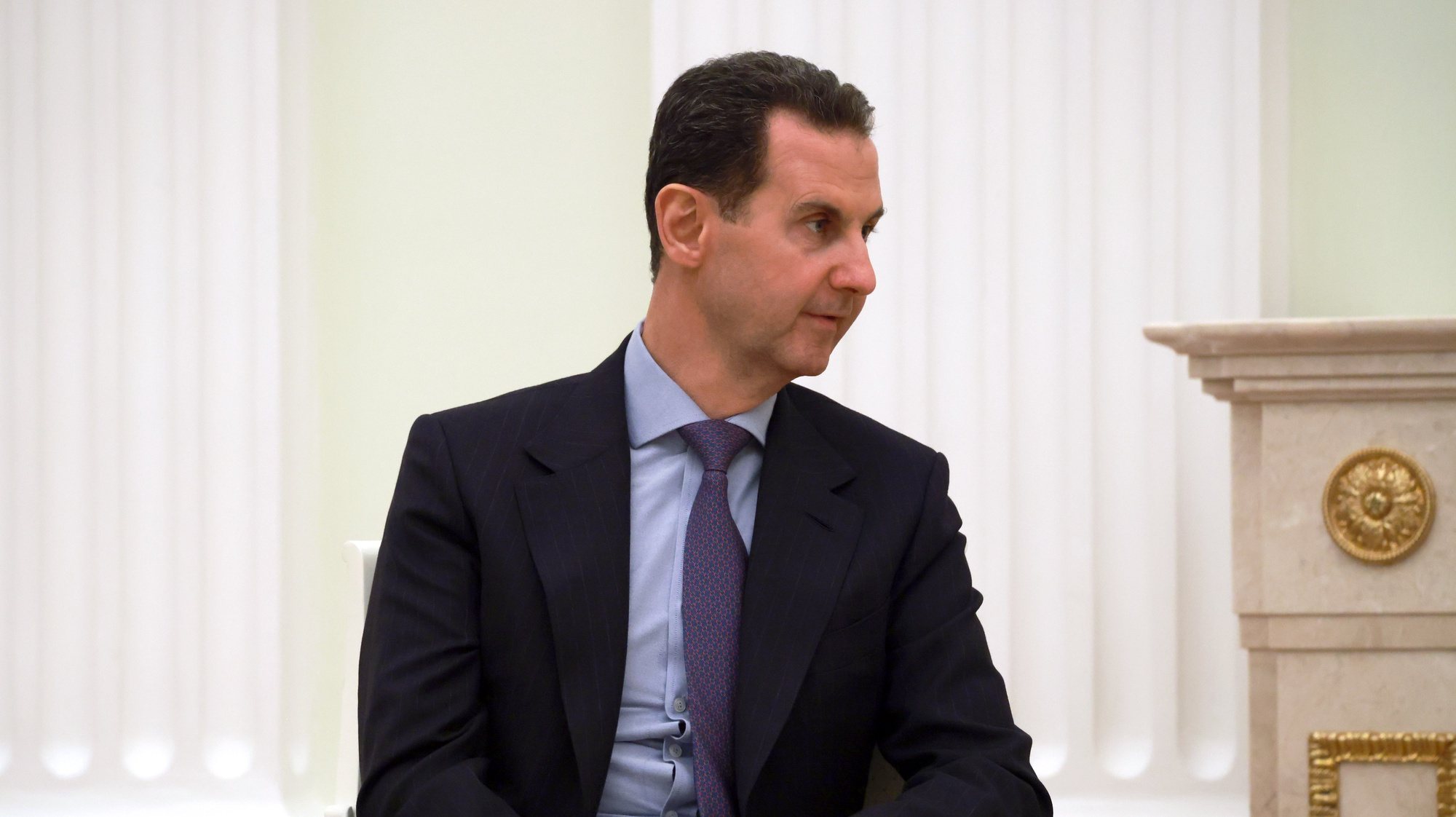Syria was rejoined the Arab League on May 7 and could again participate in a summit for the first time in 12 years. Bashar al-Assad’s regime has been involved in conflicts with civilians since 2011.
The Syrian president will once again participate in an Arab League summit, scheduled for Friday in Saudi Arabia, 12 years after his country was suspended from the organization, with wars and migration on the agenda.
At the center of the debates at the organization’s 32nd summit, which is taking place in the city of Jeddah, is also the Syrian conflict itself, which began in 2011 after the violent repression that the Bashar al-Assad regime imposed on the population, which degenerated into a war that left more than 500,000 dead and millions displaced.
In a regional context of diplomatic rapprochement, the League reinstated the Syrian regime on May 7. Three days later, on May 10, Saudi Crown Prince Mohammed bin Salman invited the Syrian president to participate in the annual summit to be held on Friday in that coastal city by the Red Sea.
Regional capitals have gradually moved closer to al-Assad, who has maintained power and regained lost territory with crucial support from Iran and Russia, though large areas of northern Syria remain outside government control.
In April, diplomats from nine Arab countries discussed the Syrian crisis in Saudi Arabia and five foreign ministers from the region, including Syria, met in Jordan earlier this month.
Bashar al-Assad values the role of the Emirates in the reintegration of Syria into the Arab League
The United Arab Emirates, which restored ties with Syria in 2018, has been very active in bringing Damascus back to the League. Diplomatic activity resumed in greater depth after the deadly earthquake that devastated Syria and Turkey on February 6.
Last week Riyadh, which severed ties with the Syrian government in 2012, confirmed that diplomatic missions in Syria and Saudi Arabia would resume their work.
However, some countries have been reluctant to renew ties with al-Assad, including Qatar.that it refused to normalize relations with the Syrian government, as well as with the West, since both the European Union (EU) and the United States were opposed to the reintegration of Damascus on the international political scene.
On Monday, the secretary general of the Arab League, Ahmed Aboul Gheit, argued that the return of Syria could revive “the principle of Arab solidarity”, but stressed that the “positive atmosphere” generated by the end of some disputes “should not distract attention”. of the reality that the Arab region has been witnessing for years, namely the accumulation and succession of serious challenges”.
Among them are the consequences caused by the war in Sudan, which is unleashing a new wave of migration, which has already caused the flight of some 200,000 people and the displacement of hundreds of thousands more. The conflict is, therefore, one of the main topics of debate at the summit on Friday.
General Abdel Fattah al-Burhane, head of the Sudanese army and one of the two belligerents at the center of the conflict, was invited to the Arab League heads of state summit, but did not clarify who would represent Sudan at the meeting.
Three ‘rockets’ fired from Syria towards Israel
Representatives of al-Burhane and his opponent, General Mohamed Hamdane Daglo of the Rapid Support Forces (RSF), have been in Jeddah for more than a week for talks mediated by Saudi Arabia and the United States.
The summit is also scheduled to discuss issues associated with economic development, with calls for investment among Arab countries and the need to guarantee food safety.
The Arab League, current name of the League of Arab States, is an organization of Arab states founded in 1945 in Cairo by seven countries, Saudi Arabia, Egypt, the then Emirate of Transjordan (now Jordan), Yemen, Iraq, Lebanon and Syria, in order to strengthen and coordinate economic, social, political, and cultural ties among its members, as well as mediate disputes between them.
Currently, the Arab League is made up of 22 countries: Saudi Arabia, Algeria, Bahrain, Comoros, Djibouti, Egypt, United Arab Emirates, Yemen, Iraq, Jordan, Kuwait, Lebanon, Libya, Morocco, Mauritania, Oman, Palestine, Qatar, Syria, Somalia, Sudan and Tunisia.
Source: Observadora
